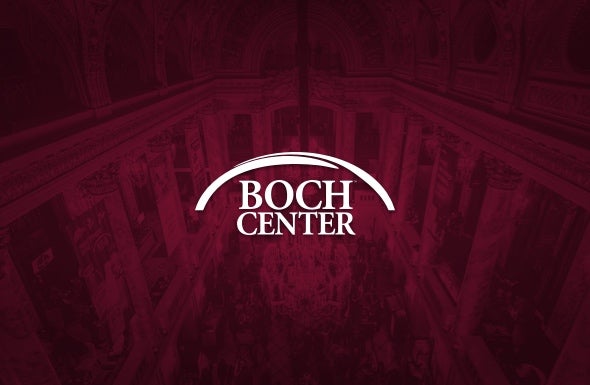When I Say Cyber You Say Chasers
By Bella Tasha
It’s the first day of workshop tour, it’s 10am, already pushing 90 degrees, and 30 Teen Leaders are in the Boston Common starting their morning with pop up performances. Two of the groups are together and they still have a while until their first workshop. The energy is not entirely enthused. Then, from across the Commons, there is a shout. Suddenly, a third workshop group is racing towards the gazebo like it has been 30 years, rather than 30 minutes, since they were all the same room. Immediately, it is off to the races. They are having freestyle competitions, dance battles, taking turns performing as groups, and in-between every segment they start a chant that is specific to their group. My tour group is the Cyber Chasers, and during the last days leading up to tour, their struggle had been bringing their performance pieces together as a collective. With a call and response implemented “when I say Cyber, you say Chasers” everything fell into place and they were a team. My favorite part of workshop development is their first actual workshop. The days beforehand are tense as we asked a lot of Teen Leaders. Between finalizing scripts/lyrics/choreography, rehearsing, creating their dialogue questions and activities, they are also running the full workshops on “Hard Mode.” Other Teen Leaders pretend to be rowdy kids, and give both positive points and places for growth. Staff give notes, will restart them, and point out where they need to focus and try harder. Then, they are standing in a new place and they have only so much time until an unknown number of people are coming to be their audience. Now it’s real. They look to Jay and I to ask “what do we do?” and the response is always “it’s your workshop, what do you want to do?”
Our first workshop was at the Shelbourne Community Center. Fifteen 7-10 year olds saunter in, and they love every second of it. So much so that one of the Shelbourne kids turns to Jay and I and asks “can you come back every day?” I love the switch from giving feedback to simply nudging if needed. I get to see the teens take ownership over what they’ve created and want to share, and to see them so focused and careful in their intentions is heartwarming.
Now, it’s great when the audience is excited and wants to be there but on our second workshop, this was not the case. We knew we would be performing for 13-14 year olds in advance, but when we arrived on location things were a little bit scattered. A group of older teens started to wander in. We found out later that the group who was scheduled cancelled last minute because their van broke down. Our contact at this BCYF had gathered the nine 15-19 year olds he had that day along with a few other teens in the building. On the fly, our Teen Leaders adjusted their workshop, swapped out games, took on a peer-to-peer tone, and got the ball rolling. It took a moment, but our teens captured the attention of their audience and kept it throughout their performance and dialogue.
The concept of ‘theatre magic’ has always stayed with me throughout my ten years of theatrical work, training, and education. Despite knowing that theatre magic is realistically a lot of hard work and rehearsing, I will always love the moment when everyone in a production realizes they are in this now, there is no longer a possibility of stopping. Workshop requires everyone involved, Teens and audience, to recognize that feeling because they have to spark a dialogue when their performance concludes. The Teens get to see immediately how their performance, theme, and message all land. The magic for me, as a facilitator, as someone a step removed, is to see them see, when it’s still fresh and still scary, be together in that moment, listening and engaging with an audience they know has seen them and understands them.
